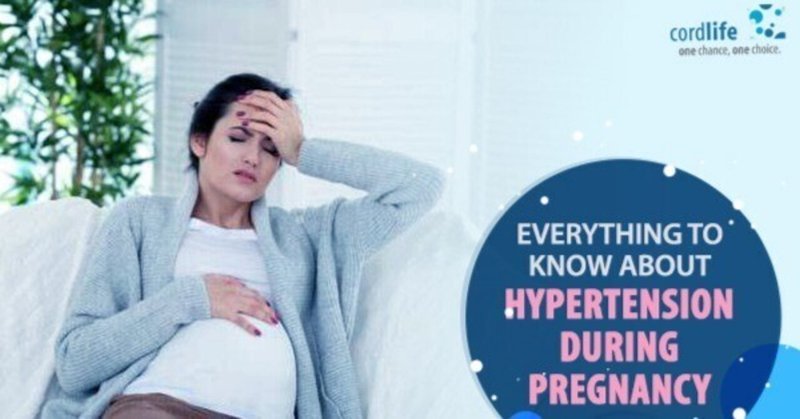
Everything To Know About Hypertension During Pregnancy
High blood pressure can result in complications during pregnancy. Any sort of restriction in the blood flow to the baby can cause serious developmental issues. Hypertension also increases the risk of placental abruption, where the placenta is separated from the uterine wall before delivery. There could be other complications too. That’s why you must track blood pressure closely during the nine months of pregnancy.
Types of High Blood Pressure During Pregnancy
If you have had high blood pressure before pregnancy, then the condition is called chronic hypertension. This increases their risk of contracting preeclampsia in the later months.
High blood pressure only during pregnancy is called gestational hypertension. This usually occurs close to delivery and goes away post-childbirth.
Women who have never had blood pressure fluctuations may also experience a sudden spike during pregnancy. Sometimes, their urine may also have protein traces.
Risk Factors
Some women seem to be at higher risk than others to develop high blood pressure during pregnancy even if they did not have it before. The risk factors are:
This is your first child
You are pregnant with multiple babies
You were overweight when you conceived
There’s a family history of high blood pressure during pregnancy
You are above 40 years of age
Symptoms
Women with preeclampsia may experience some symptoms. However, some women may not experience any symptoms at all which is even more worrisome. The common symptoms include:
Consistent headache
Nausea
Breathing difficulty
Pain in upper stomach
Vision changes
Abrupt weight gain
Swelling in the face and hands region
It is very important to monitor your blood pressure regularly throughout pregnancy to identify any fluctuations in time.
Treatment
High blood pressure is treatable if diagnosed in good time. Regular medications can help you in keeping the problem under control. Talk to your doctor about ways to manage your blood pressure during pregnancy and about medications you can take.
If you have preeclampsia, your doctor will monitor your condition closely and prescribe medicines to prevent seizures. For those who have crossed 37 weeks of pregnancy, the doctor may recommend not waiting for the due date and opting for a planned birth instead.
Regular checkups and consultation with the doctor when you spot worrying signs are the best ways to ensure healthy full-term pregnancy and successful childbirth.
この記事が気に入ったらサポートをしてみませんか?
